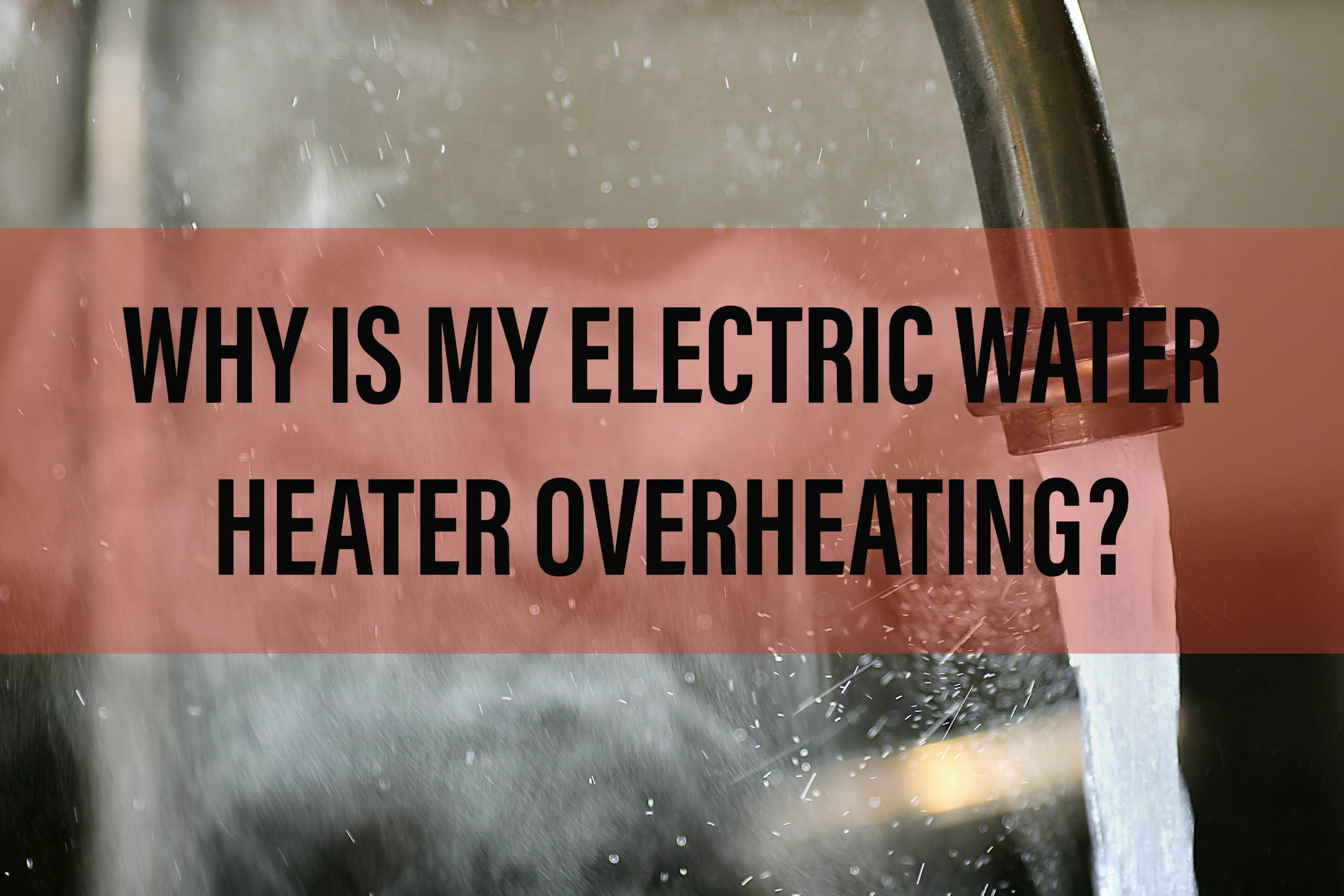One of the most common issues with electric water heaters is that they tend to get too hot. And when that happens, you end up with scalding hot water coming out of your sinks and showers. Not cool, right? (Literally!) In all seriousness, though, a water heater that has been overheating for an extended amount of time can get permanently damaged. So, if you’ve found yourself in this situation, you might be wondering what caused the overheating and what you should do from here. Well, the good news is that your folks at Bellbrook Plumbing & Drain have got you covered. We’ve put together the three most common reasons why your electric water heater might be overheating.
1. THE THERMOSTAT
First, let’s talk about the thermostat. You see, the water heater’s thermostat keeps an eye on the temperature of the water inside the tank. When the water gets too cold and falls below a specific temperature, the thermostat kicks in to heat things up again. Now, if your water heater is overheating, your water heater’s thermostat might be cranked up too high, or it might be malfunctioning. So, the first thing you want to do if your water heater is overheating is to check that thermostat and make sure everything is working properly and the temperature is set appropriately. If you suspect the culprit is the thermostat, feel free to give us a call!
2. THE HEATING ELEMENT
Another reason that your electric water heater might be overheating is because of a damaged heating element. Like everything else, things tend to wear down over time, ultimately making things become less efficient and effective. The same goes for heating elements. Most of the time, when homeowners deal with an overheated water heater, the source of the problem is a faulty heating element.
3. SEDIMENT BUILDUP
Lastly, the third most common reason we see electric water heaters acting up is due to sediment buildup. This is because if sediment builds up in the tank, it can cause your water heater to overheat. Over time, the sediments can insulate the heating elements, preventing heat from escaping. This makes the water heater work even harder and results in overheating. To fix this, you’ll need to have the tank flushed so the sediment buildup is removed. Since this job involves working with water and electricity, it’s best to call a licensed plumber to handle it.
Leaving an overheated water heater unfixed can cause permanent damage to the unit and result in a hefty price tag for repairs or replacement. Therefore, it’s always better to address the overheating issue as soon as possible before it turns into a bigger problem.
Call Bellbrook Plumbing & Drain today at (937) 240-3731 or schedule an appointment online now by clicking here! We’d love to hear from you and get you back up and running in no time!

